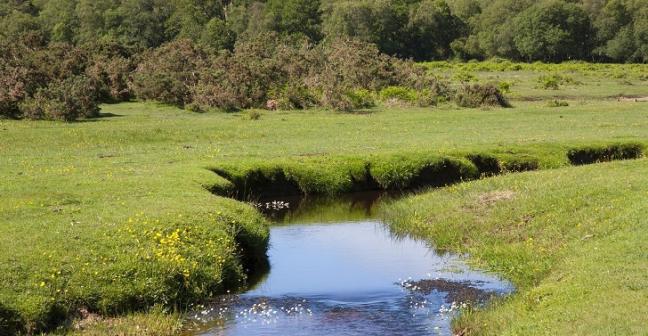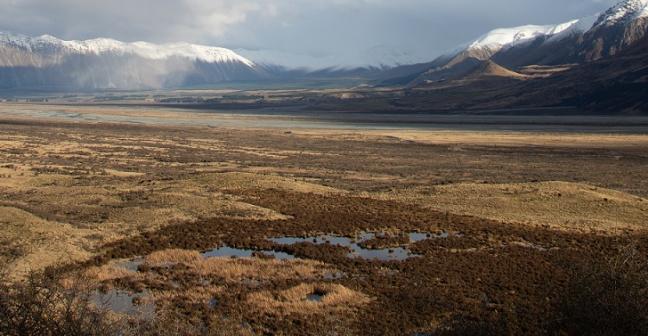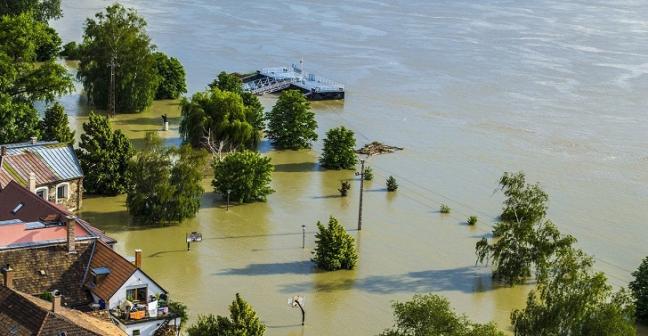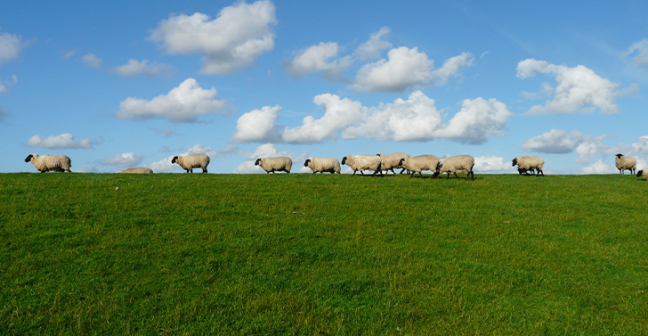Researchers, professionals and members of the IES team provide in depth analysis of news stories, topical issues and emerging science.
This webinar introduces the NATURE Tool as a means to assess natural capital impacts as part of Environmental Impact Assessments (EIA) in the UK. The new tool, which was first released in summer 2021, helps to identify and measure what nature and natural assets (natural capital) do for...







